Meet the Experts
Davide Bedognetti, MD, PhD – Sidra Medical and Research Center
Table Topic: Networking and Developing Successful Collaborations
Biography
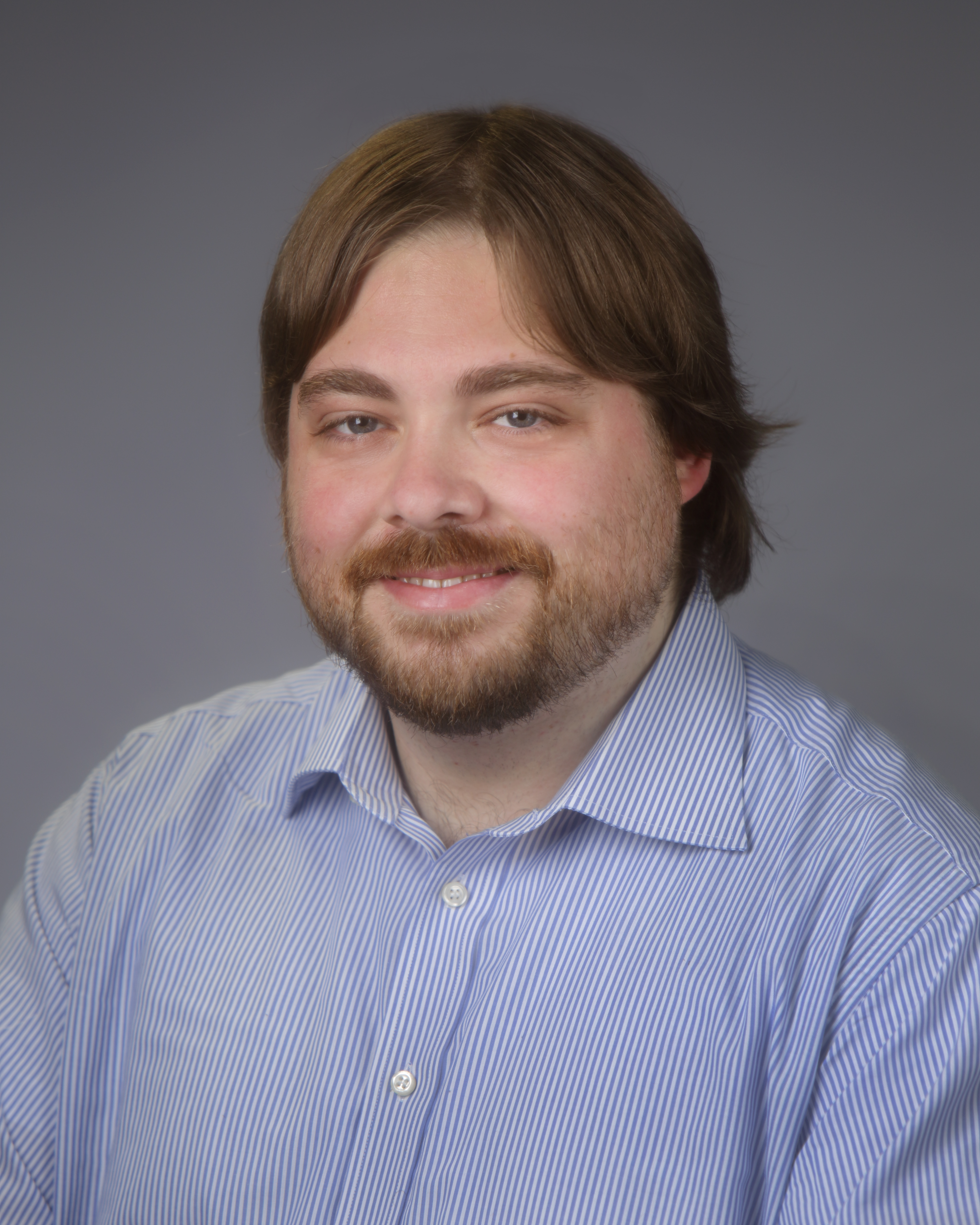 Dr. Bedognetti received his MD and PhD in Clinical and Experimental Oncology and Hematology from the University of Genoa, Italy. After completing his residency in Medical Oncology in 2008, he joined the Infectious Disease and Immunogenetics Section (IDIS) of the US National Institutes of Health (NIH) where he completed his post-doctoral fellowship in 2014. While at the NIH, Dr. Bedognetti served as Director of the Federation of Clinical Immunology Societies (FOCIS) Center of Excellence at NIH Clinical Center (2013). His research focused on the characterization of biomarkers of immune reconstitution and immune response in cancer immunotherapy using high-throughput technologies.
Dr. Bedognetti received his MD and PhD in Clinical and Experimental Oncology and Hematology from the University of Genoa, Italy. After completing his residency in Medical Oncology in 2008, he joined the Infectious Disease and Immunogenetics Section (IDIS) of the US National Institutes of Health (NIH) where he completed his post-doctoral fellowship in 2014. While at the NIH, Dr. Bedognetti served as Director of the Federation of Clinical Immunology Societies (FOCIS) Center of Excellence at NIH Clinical Center (2013). His research focused on the characterization of biomarkers of immune reconstitution and immune response in cancer immunotherapy using high-throughput technologies.
In 2014, Dr. Bedognetti was appointed as Director of the Cancer Biology, Immunology, and Therapy Section at Sidra Medical and Research Center in Doha, Qatar. At Sidra, his research focuses on the identification of genetic biomarkers of immune responsiveness, with emphasis on breast cancer.
Dr. Bedognetti has received several awards for his work, including the SITC Abstract Travel Award, the Merit and Young Investigator Awards of the Conquer Cancer Foundation of the American Society of Clinical Oncology, and the American Society of Hematology Travel Award.
Dr. Bedognetti serves as Associate Editor for the Journal of Translational Medicine and as Editorial Board Member of Biomarkers Research. His research has been published in numerous prestigious journals, including Blood, Journal of the National Cancer Institute, Journal of Clinical Oncology, Journal of Immunology, Journal of Clinical Investigations, PNAS, Immunity, Clinical Cancer Research, and British Journal of Cancer.
Elizabeth M. Jaffee, MD – Johns Hopkins University
Table Topic: Grant Writing
Biography
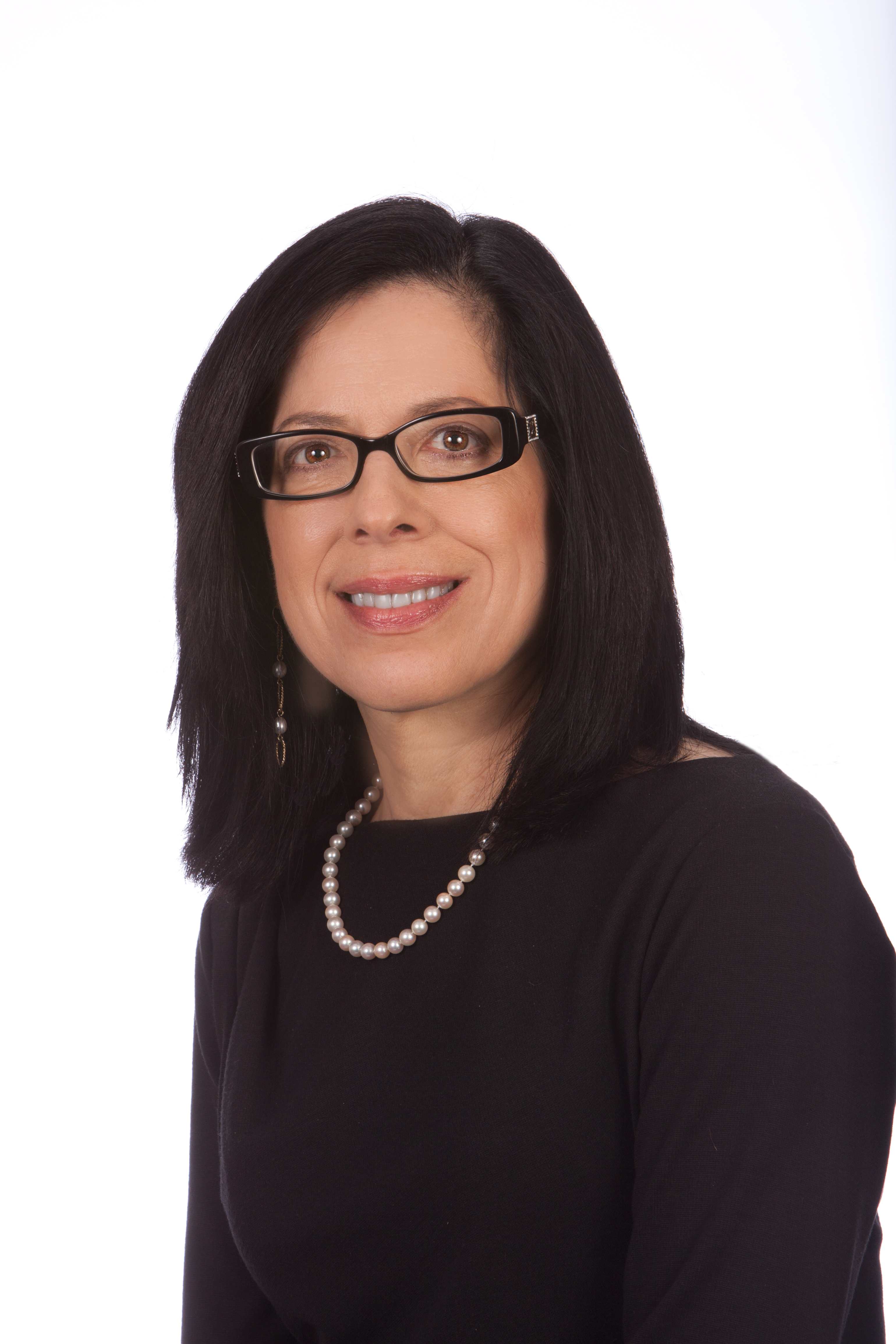 Dr. Jaffee is an internationally recognized expert in cancer immunology with specific expertise in the pre-clinical and early clinical development of immunotherapies for breast and pancreatic cancers. She focuses on understanding the inflammatory responses that are associated with cancer development and progression in pre-clinical and clinical studies.
Dr. Jaffee is an internationally recognized expert in cancer immunology with specific expertise in the pre-clinical and early clinical development of immunotherapies for breast and pancreatic cancers. She focuses on understanding the inflammatory responses that are associated with cancer development and progression in pre-clinical and clinical studies.
Dr. Jaffee develops novel vaccine approaches for the treatment of pancreatic and breast cancers and new methodologies for identifying vaccine induced T cell and antibody targets. She has mentored 26 post-doctoral fellows and 25 graduate students, and has over 160 peer review publications. Dr. Jaffee holds 6 vaccine patents, and has been a Principal Investigator and IND sponsor on many immunotherapy clinical studies.
Dr. Jaffee also serves as the Director of the Skip Viragh Pancreatic Cancer Center at Johns Hopkins. She has served on numerous NCI and national committees as an immunotherapy, pancreatic cancer, and translational research expert. She has served as Chair of the AACR CIMM Steering Committee, and as a Co-Organizer for the AACR Special Conference on Cancer Immunology in 2010 and 2012, and as a Co-organizer of the Keystone Meeting on Tumor Immunology in 2015. More recent scientific appointments Include: Scientific Advisory Council for the Cancer Research Institute and Team Leader for the Stand Up To Cancer Pancreatic Dream Team research project: Transforming Pancreatic Cancer from Death Sentence to Treatable Disease.
Q & A with Dr. Jaffee
Please provide a brief overview of your career and explain the position you currently hold.
"I am currently the Dana and Albert Broccoli Professor of Oncology at Johns Hopkins University, and also serve as the Deputy Director of the Sidney Kimmel Cancer Center at Johns Hopkins. I trained as an internist and medical oncologist and am considered one of the pioneers in the development of immunotherapy for cancer having developed one of the first cancer vaccine approaches. I continue to conduct research on the tumor microenvironment and translate my findings into novel immunotherapy approaches."
What does a normal work week look like for you?
"I run both a research laboratory in which 5 graduate students and 2-3 postdoctoral fellows work on different projects involving cancer inflammation and the development of novel vaccine approaches. I also meet with each trainee every week in one-on-one meetings to discuss research progress. The group also meets together once a week for a lunch meeting to discuss the groups work. I oversee the clinical trials immunotherapy group which currently has over 40 clinical trials ongoing in different cancer types. Additionally, I meet with individuals and groups weekly to discuss progress. Currently I am Deputy Director and oversee a number of translational initiatives - currently I am working on developing the translational cores for precision medicine."
What do you enjoy about your career now, and is there anything you wish you would have done differently during your career path?
"My career is everything I had hoped it would be. I most enjoy the challenges the science brings to the job. Research is anything but stagnant. There are always new things to learn and new avenues of research to pursue. I begin studying immune mechanisms to develop vaccines in 1990. I quickly moved novel immunotherapies into patients and then used banked patient specimens to identify novel new molecules and pathways to study. I have developed a number of ways of identifying new targets within the tumor microenvironment based on the changing genetic and proteomic technologies. Some of these targets have led to areas in metastatic pathways and more recently, to physical mechanisms of metastasis. I can't imagine any other career that would continue to lead to new adventures."
Thomas Gajewski, MD, PhD – University of Chicago
Table Topic: Publishing Papers
Biography
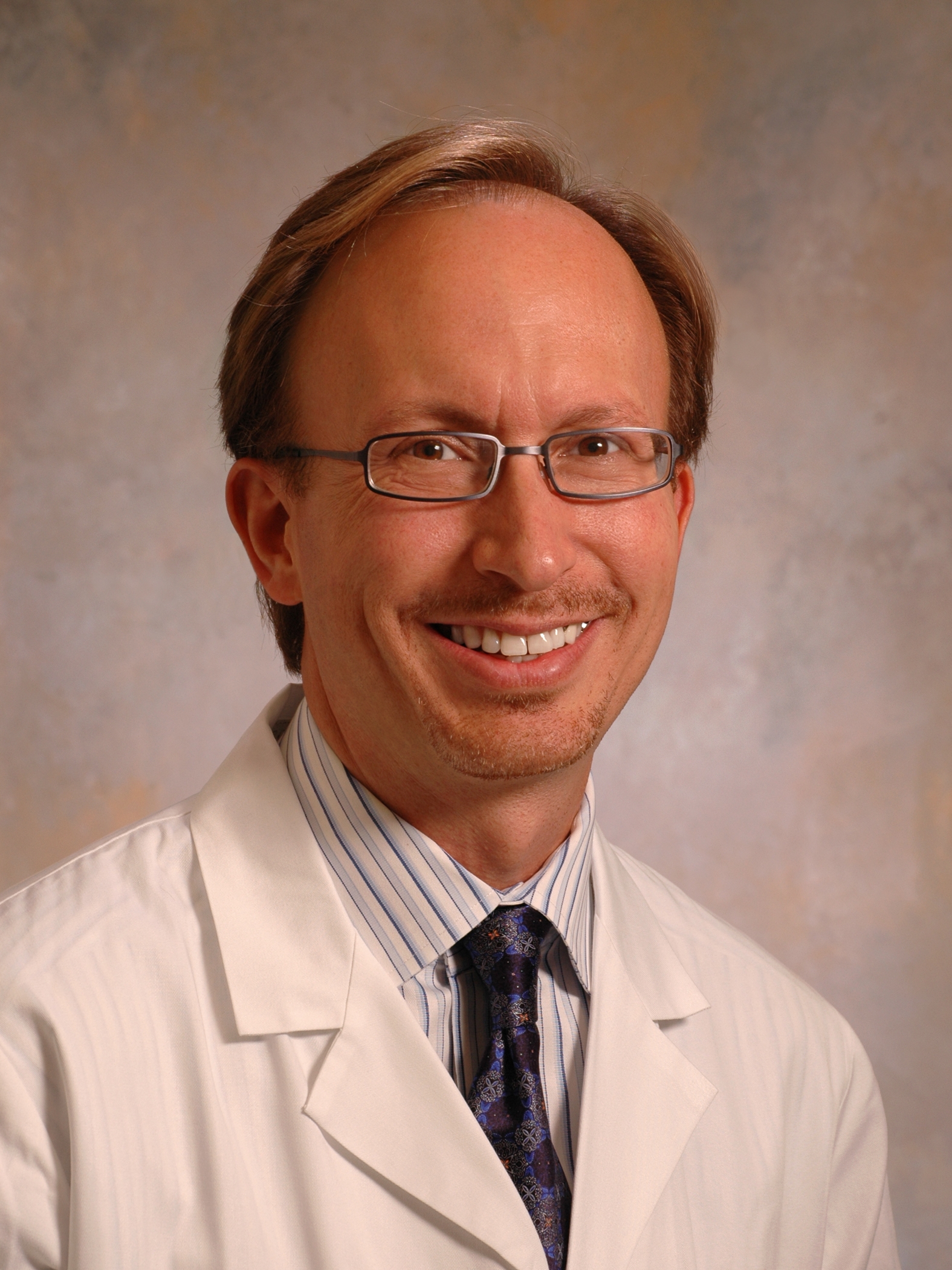 Dr. Gajewski directs an immunology research laboratory, oversees the melanoma oncology clinic, and is Leader of the Immunology and Cancer Program at the University of Chicago Comprehensive Cancer Center.
Dr. Gajewski directs an immunology research laboratory, oversees the melanoma oncology clinic, and is Leader of the Immunology and Cancer Program at the University of Chicago Comprehensive Cancer Center.
Dr. Gajewski received his MD and his PhD in immunology from the University of Chicago. He undertook post-doctoral studies on T cell activation and anti-tumor immunity at the University of Chicago and at the Ludwig Institute for Cancer Research in Belgium. He also did a clinical fellowship in Hematology/Oncology at the University of Chicago Department of Medicine before joining the faculty in 1997. His research interests include the molecular and cellular regulation of T lymphocyte activation and differentiation, and the application of this information to preclinical and clinical efforts to promote anti-tumor immunity in vivo.
Dr. Gajewski has published more than 120 papers in peer-reviewed journals on aspects of T cell biology, anti-tumor immunity, and melanoma therapy. He is on the editorial board of Cancer Research and other journals, has served on numerous NIH grant review committees, is an elected member of ASCI and the Henry Kunkel Society, has served on programming committees for ASCO and AACR, and served as the President of the Society for Immunotherapy of Cancer.
Silvia Formenti, MD – New York Presbyterian/Weill Cornell Medical Center
Table Topic: Clinical-Translational Research
Biography
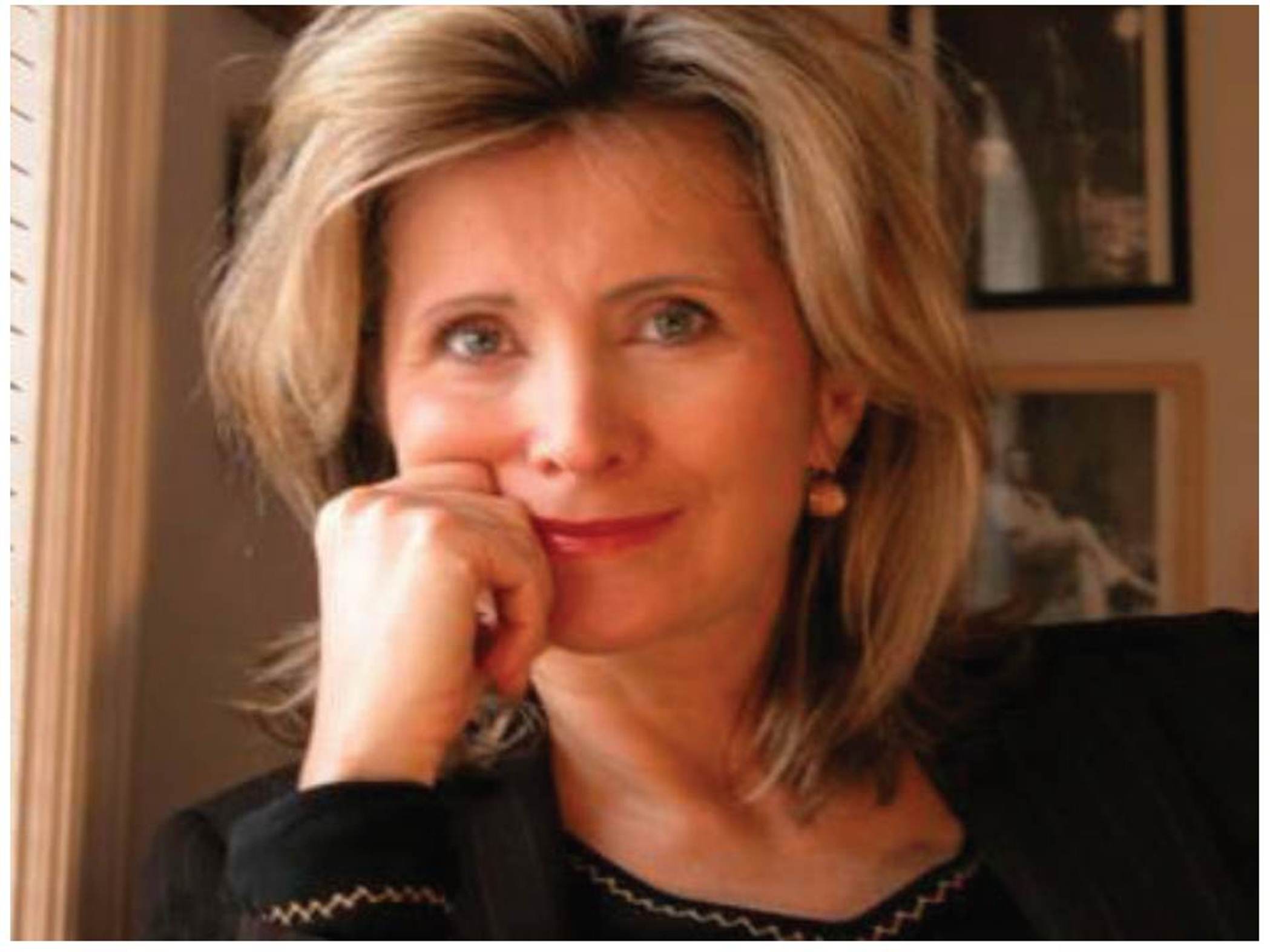 As a medical and radiation oncologist, Dr. Formenti has devoted her career to translate novel preclinical information to the clinic. Over the years she has integrated an understanding of cancer immunity in the clinical management of patients. Specifically, after joining NYU in 1999, Dr. Formenti studied the interaction of ionizing radiation with the immune system. She investigated the systemic effects of local radiotherapy and developed strategies directed at harnessing anti-tumor immunity in irradiated patients.
As a medical and radiation oncologist, Dr. Formenti has devoted her career to translate novel preclinical information to the clinic. Over the years she has integrated an understanding of cancer immunity in the clinical management of patients. Specifically, after joining NYU in 1999, Dr. Formenti studied the interaction of ionizing radiation with the immune system. She investigated the systemic effects of local radiotherapy and developed strategies directed at harnessing anti-tumor immunity in irradiated patients.
Pre-clinically and clinically, her laboratory has demonstrated that when classical local radiotherapy is coupled with immune modifiers (like immune checkpoint blocking agents), an abscopal effect (a response outside the radiation field) can be detected, that is mediated by the immune system. This work has resulted in numerous collaborations within and outside NYU, and has opened a novel application for an established modality: ionizing radiation has revealed a powerful adjuvant to classical immunotherapy. Dr. Formenti recently joined Weill Cornell Medical College and New York Presbyterian Hospital as Chair of Radiation Oncology and Associate Director of the Meyer Cancer Center.
Q & A with Dr. Formenti
Please provide a brief overview of your career and explain the position you currently hold.
"As a medical and radiation oncologist, I have devoted my career to translate novel preclinical information to the clinic. Over the years I have integrated an understanding of cancer immunity in the clinical management of patients. Specifically, after joining NYU in 1999, I have studied the interaction of ionizing radiation with the immune system. I investigated the systemic effects of local radiotherapy and developed strategies directed at harnessing anti-tumor immunity in irradiated patients. Pre-clinically and clinically my laboratory demonstrated that when classical local radiotherapy is coupled with immune modifiers (like immune checkpoint blocking agents), an abscopal effect (a response outside the radiation field) can be detected, that is mediated by the immune system. This work has resulted in numerous collaborations within and outside NYU, and has opened a novel application for an established modality: ionizing radiation has revealed a powerful adjuvant to classical immunotherapy. I recently joined Weill Cornell Medical College and New York Presbyterian Hospital as Chair of Radiation Oncology and Associate Director of the Meyer Cancer Center."
What does a normal work week look like for you?
"Usually I devote 50% to research and teaching, 25% to patient care and 25% to administrative work."
What do you enjoy about your career now, and is there anything you wish you would have done differently during your career path?
"I enjoy the work in the lab informing the clinical work. My main regret is not to have done a PhD in immunology, earlier in my career."
David Masopust, PhD – University of Minnesota
Table Topic: Career Path: How to Survive in Academia
Biography
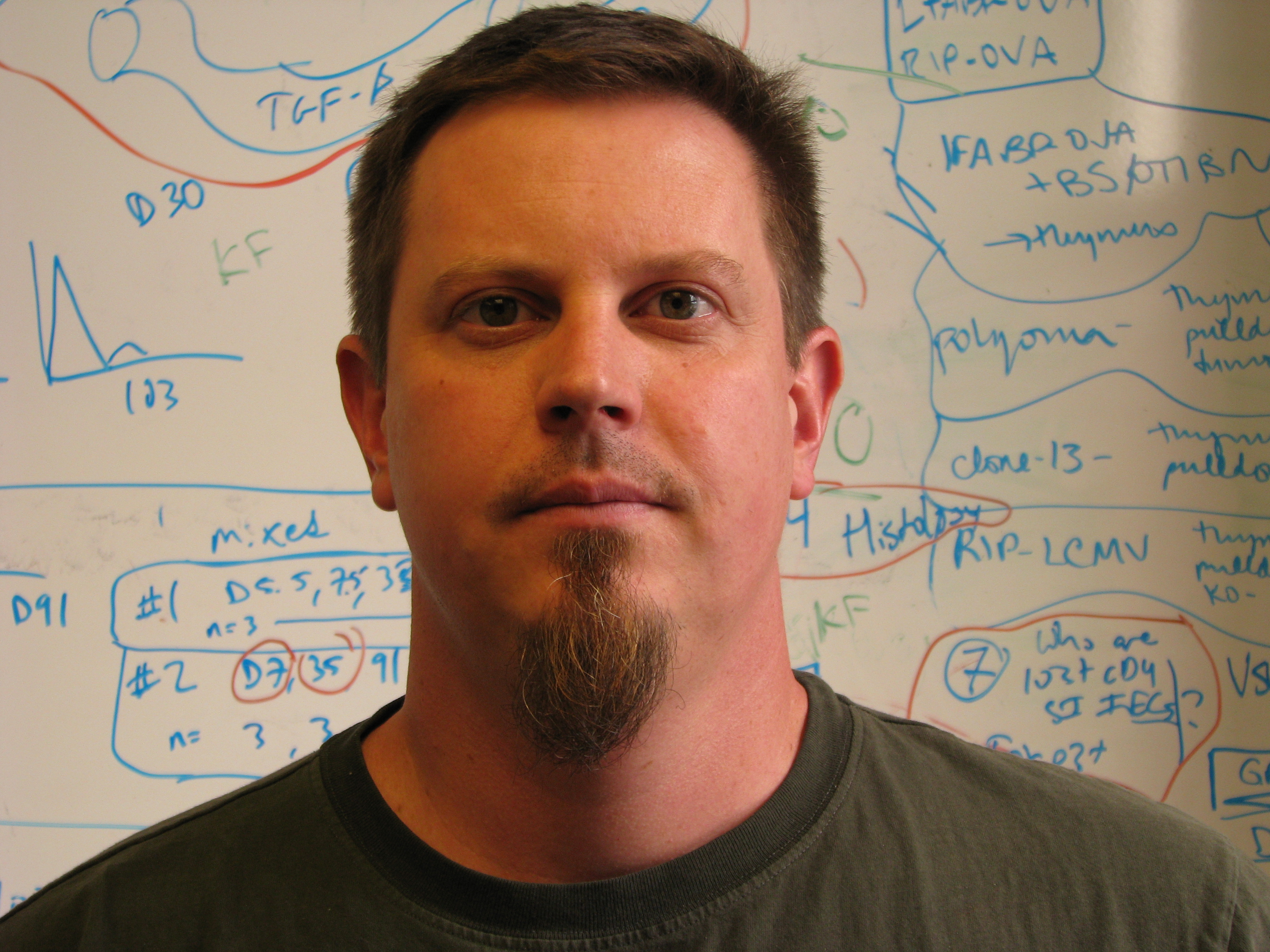 Dr. Masopust is an Associate Professor in the Department of Microbiology and Center for Immunology, University of Minnesota Medical School, USA.
Dr. Masopust is an Associate Professor in the Department of Microbiology and Center for Immunology, University of Minnesota Medical School, USA.
His lab is dedicated to elucidating the developmental cues that govern T cell responses, T cell migration to different anatomic locations, T cell function within non-lymphoid environments, and leveraging this information for prophylactic and therapeutic vaccination.
Q & A with Dr. Masopust
Please provide a brief overview of your career and explain the position you currently hold.
"I trained with Leo Lefrancois and Rafi Ahmed. In 2007, I established an independent research group within the Department of Microbiology and Center for Immunology at the University of Minnesota Medical School where I am now an associate professor. My primary research interests include T cell immunology, vaccines, immune responses within non-lymphoid tissues, and resident T cell memory."
What does a normal work week look like for you?
"My primary focus is research. Additional activities include mentoring, traveling to give seminars, reviewing and writing papers and grants, teaching immunology to medical and graduate students, faculty governance, and other service to the discipline."
What do you enjoy about your career now, and is there anything you wish you would have done differently during your career path?
"My greatest pleasures come from making discoveries and the bonds that form with my trainees and colleagues in the pursuit of this shared purpose."
Tasha Sims, PhD – Regeneron Pharmaceuticals
Table Topic: Career Path: The Industry Perspective
Biography
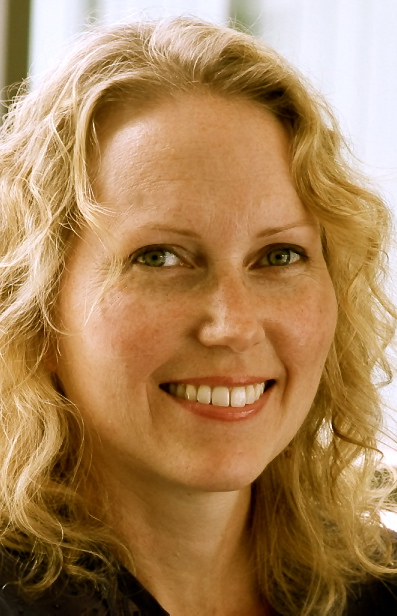 Dr. Sims is an Associate Director in Clinical Oncology at Regeneron Pharmaceuticals, where she leads the biomarkers efforts for the anti-angiogenic therapeutic ZALTRAP. Dr. Sims has also served at Regeneron in Program Management, where she was responsible for driving oncology strategic projects and providing programmatic oversight of oncology research, immune-oncology, new protein technologies, and research in support of oncology clinical programs.
Dr. Sims is an Associate Director in Clinical Oncology at Regeneron Pharmaceuticals, where she leads the biomarkers efforts for the anti-angiogenic therapeutic ZALTRAP. Dr. Sims has also served at Regeneron in Program Management, where she was responsible for driving oncology strategic projects and providing programmatic oversight of oncology research, immune-oncology, new protein technologies, and research in support of oncology clinical programs.
Dr. Sims earned her Ph.D. (with teaching designation) in Immunology from the University of Alberta, Canada. She conducted her postdoctoral research at NYU School of Medicine where she studied T cell motility and immunological synapse formation. While at NYU, Tasha started the Future Science Educators, an initiative to help early career scientists learn to teach science more effectively.
Prior to joining Regeneron, Dr. Sims worked in the non-profit sector as a Scientific Program Manager for the JDRF’s immunology portfolio. Tasha has also worked in the forestry industry as a Forewoman, in northern Canada.Outside of work, Tasha serves on the HBA Metro Board and enjoys running, sailing, traveling and volunteering.
Q & A with Dr. Sims
Please provide a brief overview of your career and explain the position you currently hold.
"While I was doing the research for my PhD, I completed work and certifications to obtain a teaching designation. Following on that interest in education, and while doing my post-doctoral research, I started the Future Science Educators at NYU an initiative to help early career scientists learn to teach science more effectively. Earlier in my career, I had also led a large team for several years in the forestry industry; and these combined experiences in team leadership, strategy and operations gave me the experience to start working as a scientific program manager.
I worked in the non-profit sector as a scientific program manager for the JDRF, and then joined Regeneron to lead the research program management group. A few years ago, I joined the clinical oncology department at Regeneron. Outside of work, I serve on the HBA Metro Board of Directors. Currently, I am an associate director in clinical oncology at Regeneron, where I lead the biomarkers efforts for our late stage programs. I also lead the preclinical collaborations for our development programs and provide scientific strategy support for new indication development."
What does a normal work week look like for you?
"I work with many teams, so approximately half my time is spent in team meetings. The remainder of my time is spent with my team and/or working on projects."
What do you enjoy about your career now, and is there anything you wish you would have done differently during your career path?
"I really enjoy learning more about clinical practice and applying my scientific knowledge to clinical strategy. I have really enjoyed my career path; I can identify times I wish I was more assertive, and I am constantly trying to be a better boss / leader / manager / employee."
Laura Brockway-Lunardi, PhD – Melanoma Research Alliance
Table Topic: Career Path: Alternative Careers - Science Policy, Funding Advocacy and Project Management
Biography
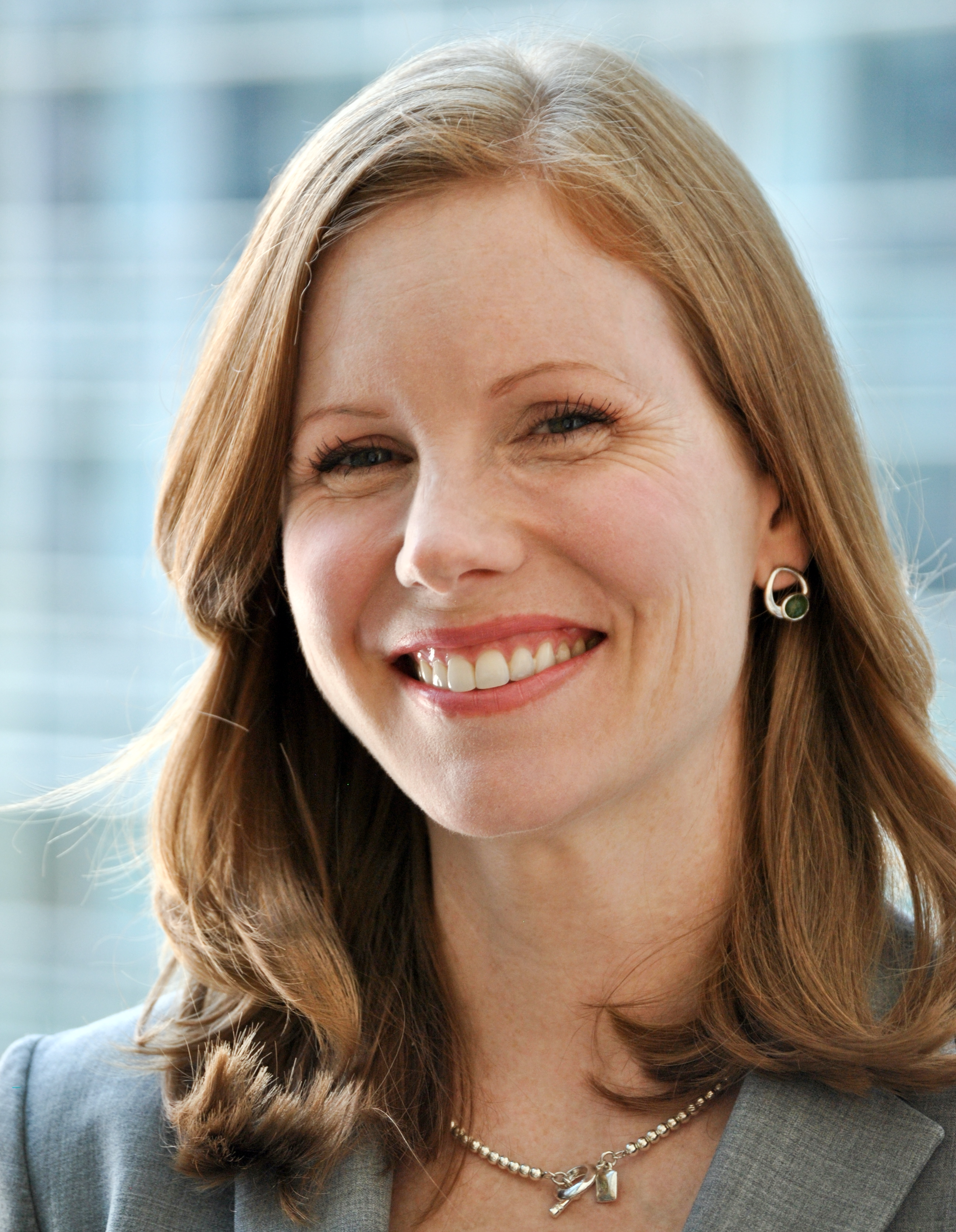 Dr. Brockway-Lunardi joined the Melanoma Research Alliance (MRA) in 2009 with more than 10 years of experience in scientific program management, science policy, and biomedical research. At MRA, she is responsible for managing MRA's $68 million dollar research awards program, organizing scientific meetings, and interacting with stakeholders in academia, industry and government.
Dr. Brockway-Lunardi joined the Melanoma Research Alliance (MRA) in 2009 with more than 10 years of experience in scientific program management, science policy, and biomedical research. At MRA, she is responsible for managing MRA's $68 million dollar research awards program, organizing scientific meetings, and interacting with stakeholders in academia, industry and government.
Prior to MRA, Dr. Brockway-Lunardi was scientific program manager at the International Life Science Institute North America where she coordinated programs on nutrition and health. From 2004-2008, Dr. Brockway-Lunardi was senior science policy analyst at the Federation of American Societies for Experimental Biology, developing policy recommendations on biomedical research issues including conflicts of interest, scientific publishing, and grant review, as well as contributing to advocacy efforts for federal research funding. She was a Christine Mirzayan Science and Technology Policy Fellow at the Government-University-Industry Research Roundtable of the National Academy of Sciences, contributing to their studies of intellectual property in academic-industry relationships and U.S. science and technology competitiveness.
Dr. Brockway-Lunardi received her doctorate in Vision Science from the University of Alabama at Birmingham where she was president of the Industry Roundtable, an organization dedicated to fostering a greater awareness of science careers outside academia. She received her bachelor's degree in biology with honors from Florida State University.
Q & A with Dr. Brockway-Lunardi
Please provide a brief overview of your career and explain the position you currently hold.
"As Scientific Program Director at the Melanoma Research Alliance (MRA), I manage the foundation's research awards, including the solicitation, peer review, and oversight of approximately $8 million per year in funded programs. I also coordinate MRA’s annual Scientific Retreat. Additional responsibilities include contributing to external and internal communications, working with development team for donor and partner stewardship and collaboration. Previously, I was Scientific Program Manager at the International Life Sciences Institute, conducting programs on nutrition and health. I spent four years as Senior Science Policy Analyst at FASEB, coordinating policy and advocacy activities"
What does a normal work week look like for you?
"Depending on the time of year, in the area of our grant-making, I focus on either the peer review and selection of funded awards or post-award management and oversight. Much of this work is done by email and phone, working with MRA staff and outside scientific experts. Contributing to communications is also a part of a normal work week, which may include donor communications, newsletter contributions, and other external communications. Other weeks throughout the year might focus more on organizing our annual scientific conference or conducting portfolio and impact analyses."
What do you enjoy about your career now, and is there anything you wish you would have done differently during your career path?
"The most enjoyable aspect of my job is having the ability to accelerate research by supporting scientists through grants and programs. There is not anything that I wish I would have done differently. Keeping up one's network and striving for professional development is important, but finding the time to do so can be challenging."
Pawel Kalinski, MD, PhD – University of Pittsburgh Cancer Institute
Table Topic: How to Kick-Start Your Career in the US – An International Perspective
Biography
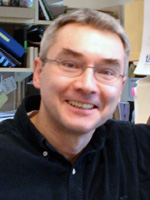 Dr. Kalinski received his MD from Warsaw Medical University in Warsaw, Poland in 1991. His fellowship at the European Community Tempus Program in the laboratory of Dr. Martien Kapsenberg at the University of Amsterdam (1991-1992; Immunology), was followed by internship and residency training at the Central Teaching Hospital, Military School of Medicine in Warsaw. After obtaining his PhD (1998; University of Amsterdam, The Netherlands), and completing a postdoctoral fellowship (Immunology & Immunotherapy; Amsterdam; 1998-2000), he joined the faculty of the University of Pittsburgh and the University of Pittsburgh Cancer Institute (UPCI).
Dr. Kalinski received his MD from Warsaw Medical University in Warsaw, Poland in 1991. His fellowship at the European Community Tempus Program in the laboratory of Dr. Martien Kapsenberg at the University of Amsterdam (1991-1992; Immunology), was followed by internship and residency training at the Central Teaching Hospital, Military School of Medicine in Warsaw. After obtaining his PhD (1998; University of Amsterdam, The Netherlands), and completing a postdoctoral fellowship (Immunology & Immunotherapy; Amsterdam; 1998-2000), he joined the faculty of the University of Pittsburgh and the University of Pittsburgh Cancer Institute (UPCI).
His appointments in the Departments of Surgery and Immunology allowed him to actively pursue his interest in tumor immunology and immunotherapy and to apply this interest to translational research in melanoma, colorectal, prostate and ovarian cancers, as well as hematologic malignancies. His research aims to develop effective cancer immunotherapies involving selective induction of tumor-specific CTLs, Th1 cells and activated NK cells capable of homing to tumors, through the use of specialized types of dendritic cells (DCs), and manipulating tumor-associated chemokine environment, in order to maximize tumor homing of vaccination-induced effector cells and counteract tumor accumulation of suppressive cells.
Dr. Kalinski has published over 50 original research papers and nearly 30 reviews, commentaries or book chapters covering these topics. Dr. Kalinski is an Investigator-Sponsor and/or laboratory co-PI of multiple active clinical trials of DC-based therapies for patients with melanoma, colorectal and prostate cancer, and the PI of several NIH and DOD grants supporting these trials.
Dr. Kalinski is the Director of the Immunotransplantation Center of the UPCI and the Director for Research of the Division of Surgical Oncology, aiming to incorporate cell-based Immunotherapies as a part of the comprehensive care of cancer patients. His professional society service has included membership in the American Association of Immunologists, American Society for Cancer Research, Society for Natural Immunity, and the Translational Regional Consortium of Cancer Centers (TRC3). Dr. Kalinski is a long-term member of the editorial board of the Journal of Immunology (currently second-term section editor), and a reviewer for 23 other scientific journals, five NIH scientific review panels and 18 other grant-funding agencies in the US and abroad.
Dr. Kalinski has been an active participant in the Society for Immunotherapy of Cancer since attending his first meeting in Seattle in 2000. He co-organized the 2010 SITC Annual Meeting.





Save the Date!
Save the dates for SITC 2016!
November 9 – 13, 2016
Gaylord National Hotel & Convention Center, National Harbor, Maryland
Thank You, Supporters!
Thank you, SITC 2015 supporters. Because of your generosity, SITC 2015 was a great success!
Interested in supporting other SITC programs? Confirm your support today!


Connect with SITC!